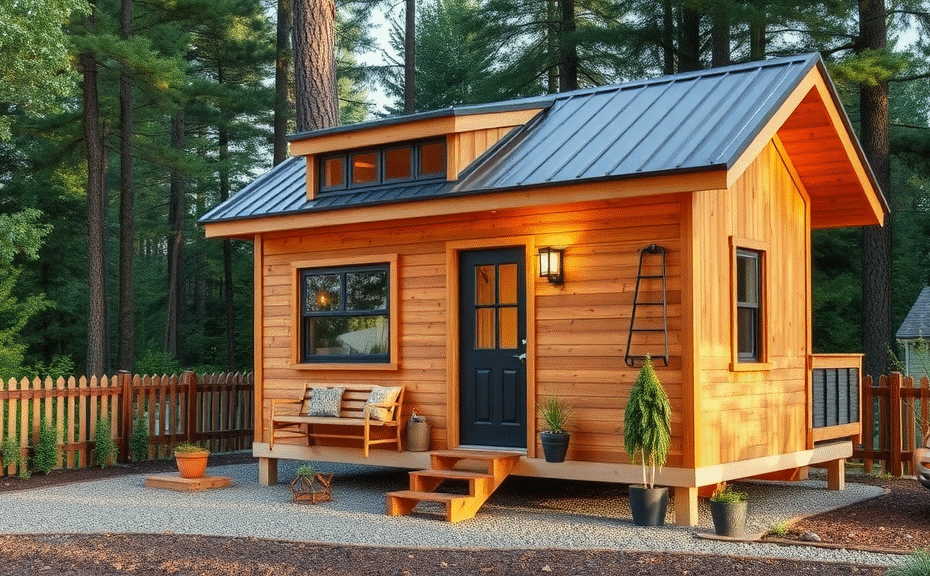Essential Steps to Enter the Tiny House Building Industry
Becoming a tiny house builder requires a combination of practical skills, industry knowledge, and an understanding of the unique challenges associated with designing and constructing compact living spaces. The first step is gaining a strong foundation in basic construction principles, including framing, plumbing, electrical work, and insulation. Many aspiring builders benefit from vocational training or apprenticeships in general construction before specializing in tiny homes.
Developing Specialized Tiny House Knowledge
Unlike traditional homes, tiny houses demand innovative space-saving solutions and efficient use of materials. It’s crucial to study tiny house design plans, local zoning regulations, and building codes that specifically affect tiny dwellings. Attending workshops, online courses, or tiny house expos can significantly increase your understanding of sustainable construction techniques and off-grid capabilities, which are highly sought after in this niche market.
Building a Portfolio and Gaining Practical Experience
Hands-on experience is vital. Start by constructing small projects or collaborating with established tiny house builders to gain practical insights. Document each project thoroughly to build a portfolio showcasing your craftsmanship and creativity. This portfolio is invaluable for attracting clients or employers who are interested in working with experienced tiny house builders.
Marketing Yourself as a Skilled Tiny House Builder
Establishing a strong online presence is crucial for gaining clients and growing your tiny house building career. Creating a professional website featuring your portfolio, client testimonials, and detailed information about your services will improve your visibility. Utilize social media platforms and tiny house community forums to connect with potential customers and industry partners.
Key Skills to Focus On
- Advanced woodworking and carpentry tailored to small spaces
- Knowledge of sustainable and eco-friendly materials
- Understanding of mobile foundations and trailer integration
- Effective project management and client communication skills
